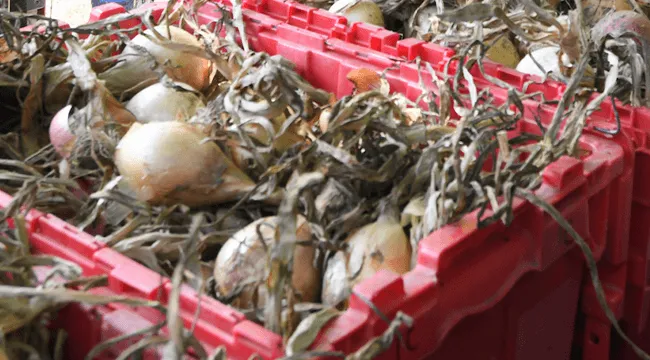In this cross-sectional study of 61 child caregivers in rural food-insecure households conducted during the COVID-19 pandemic, greater day-to-day fluctuations in food security were associated with child mental health problems. Daily levels of household food insecurity were positively associated with caregiver hunger, negative affect, and parent-child conflict and negatively associated with caregiver perceived effectiveness and attention and impulse regulation. These findings suggest that household food insecurity may be indirectly associated with adverse outcomes for child mental health through household chaos and caregiver stress.
The study was co-authored by Larner researchers Merelise Ametti, Ph.D., M.P.H., graduate student research assistant in psychiatry; Hannah Frering, M.P.H., research specialist in psychiatry; Kierian Huang, B.A.’22, formerly a UVM undergraduate student in psychology, now a neuroscience doctoral student at the University of Nevada–Reno; Katya Marsh, B.A., formerly an undergraduate research project assistant, now a master’s-level intern in clinical mental health counseling; and Robert Althoff, M.D., Ph.D., professor and chair of psychiatry.
Read the full study, “Food Insecurity and Rural Child and Family Functioning”
